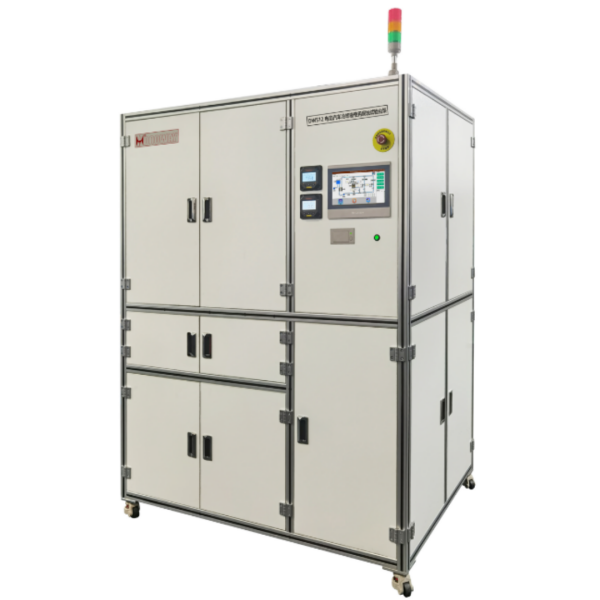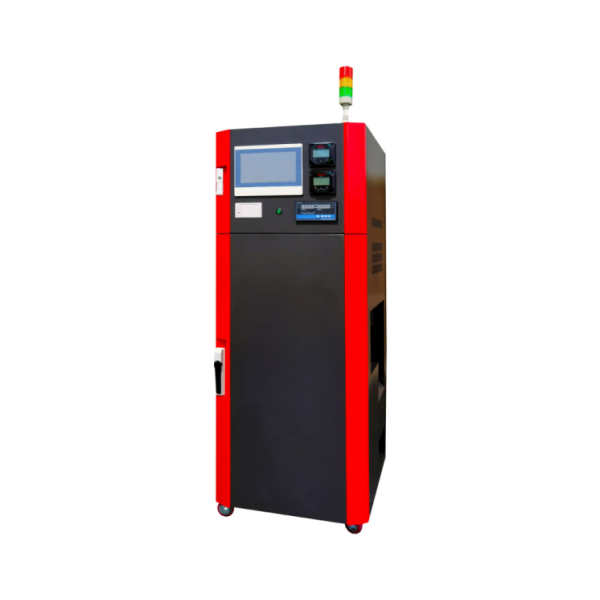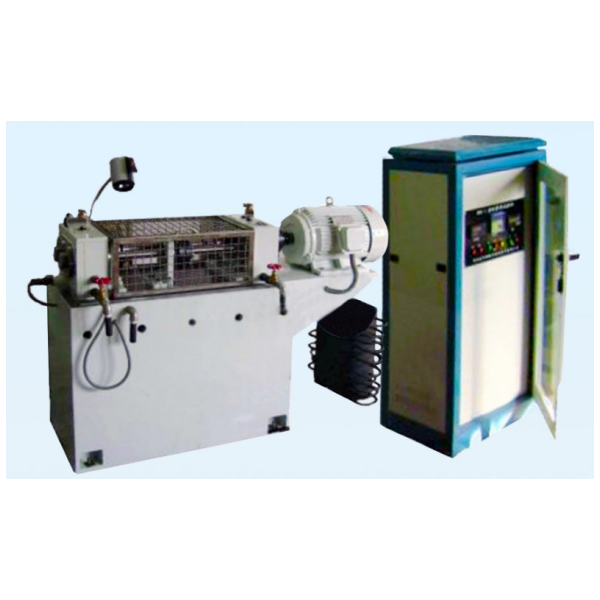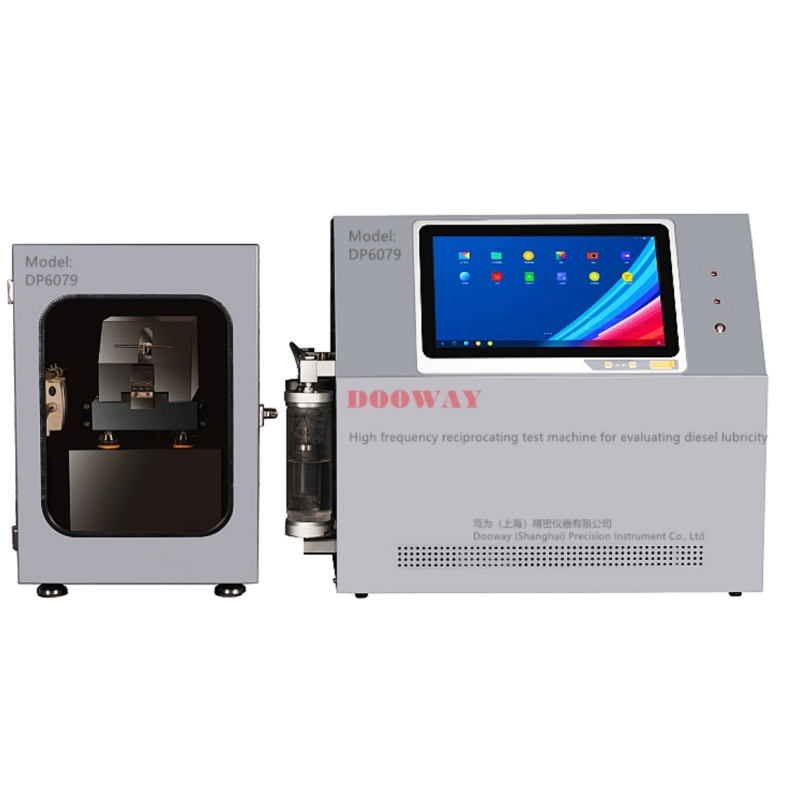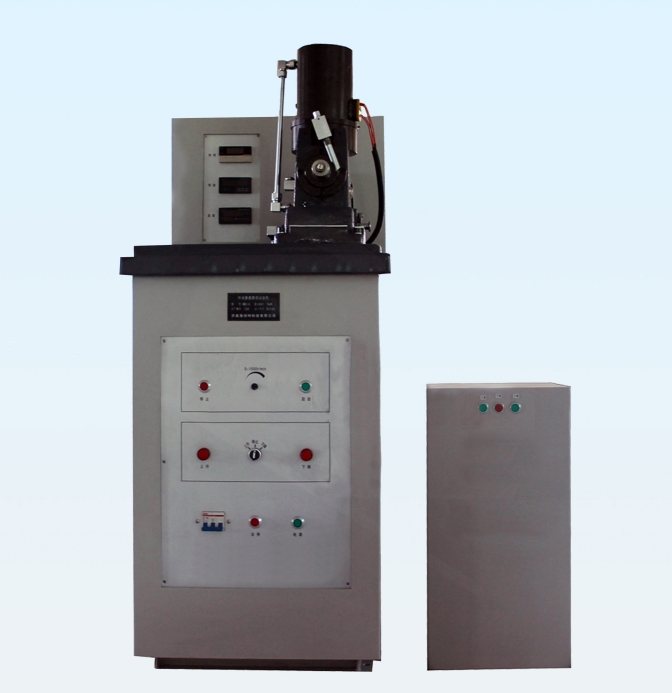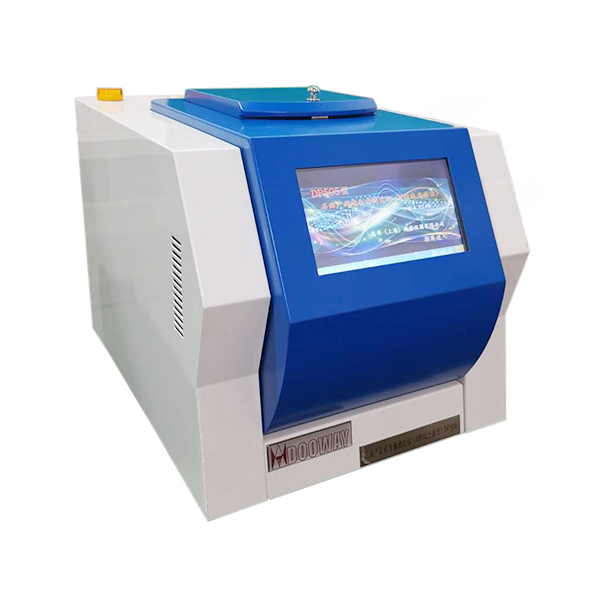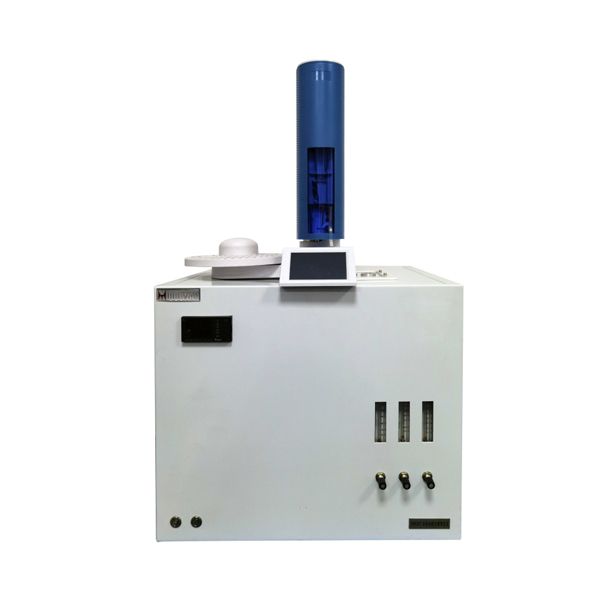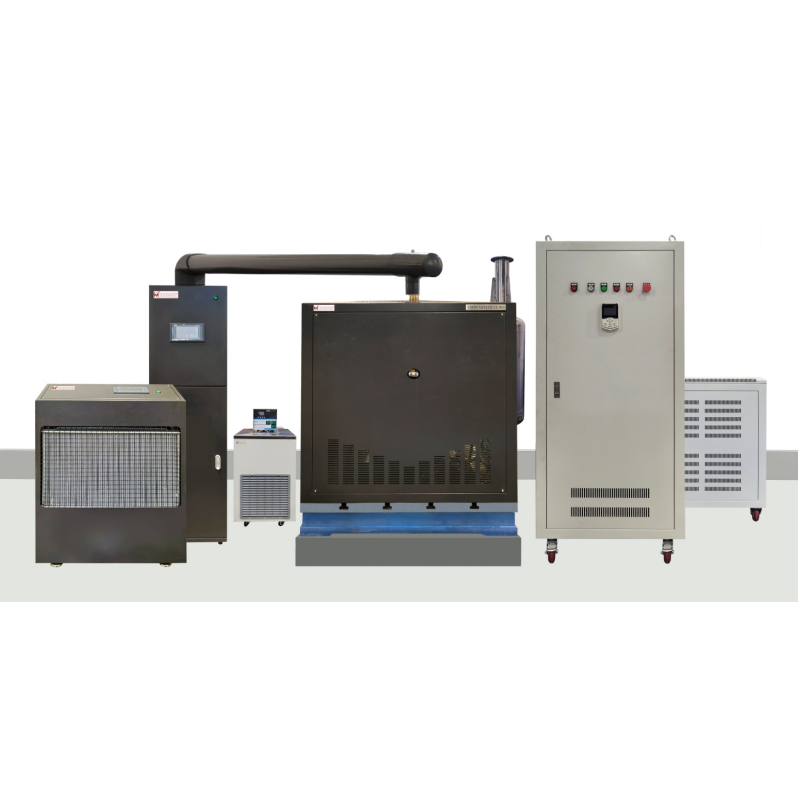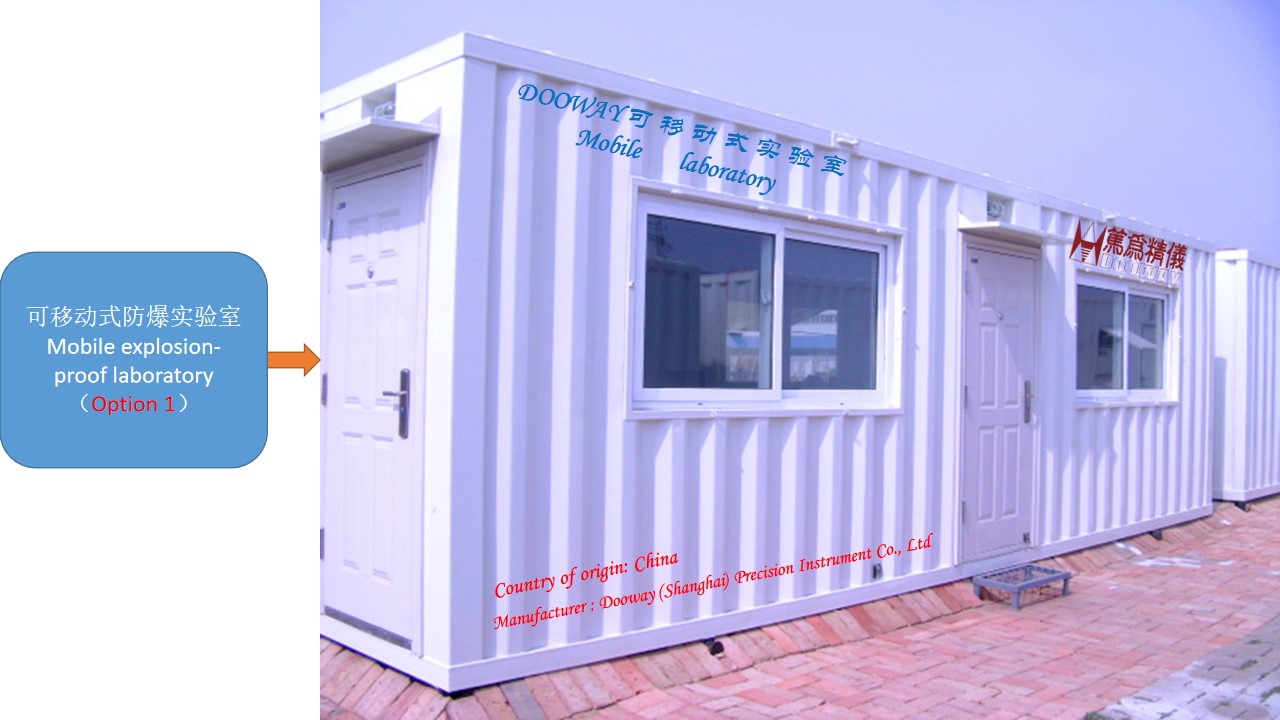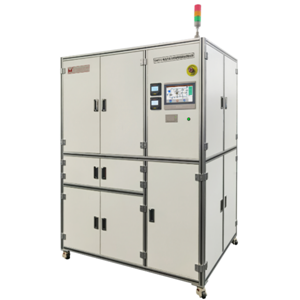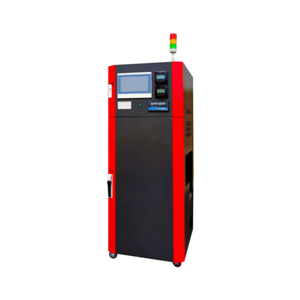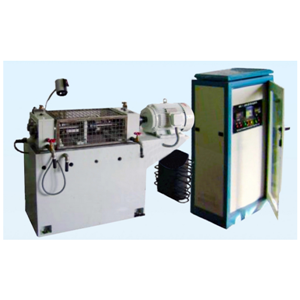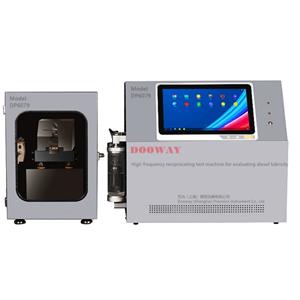General Petroleum Product Analysis
-
Electric vehicle coolant corrosion simulation test bench DW512
Instrument Overview
Email Details
With the rapid expansion of the new energy vehicle market, vehicle antifreeze has also ushered in unprecedented development opportunities. The strong development momentum of new energy vehicles will have a profound impact on the coolant industry. With the popularization of new energy vehicles and the advancement of technology, the performance and quality requirements for coolants will continue to improve, bringing new challenges and opportunities to the coolant industry.
New energy vehicles have extremely high requirements in terms of temperature control and management of in-vehicle heat sources, mainly involving heat source components such as batteries, controllers and motors. At present, liquid cooling has become the mainstream heat dissipation method for new energy vehicles because it is not only safe, but also has significant heat dissipation effect. Compared with traditional fuel vehicles, new energy vehicles have significantly increased the use of coolant. The safety and reliability of electric vehicle coolant are crucial to ensuring the normal operation of electric vehicles. The corrosion test bench for electric vehicle coolant developed by our company can play a positive role in promoting in many fields, improving product quality and protecting consumer rights and interests.
The test bench can simulate the actual operating conditions (temperature, flow and loop environment) of the coolant in typical application scenarios of automobile operation, automatically operate during the test time, and automatically monitor the pH value, conductivity and other parameters of the coolant during operation. Change status and trends. Samples can be taken for ion composition analysis. The test bench can solve problems such as complicated manual steps, many human factors, and inaccurate data during the test process, improve work efficiency and ensure the safety of testers. -
Corrosion simulation test bench for proton exchange membrane fuel cell coolant DW510
The test bench can simulate the actual operation of coolant (temperature, flow rate and environment) in the most typical application scenarios of proton exchange membrane fuel cell (PEMFC), and run automatically in a long simulation time, and the loop can automatically monitor the change and trend of pH value, electrical conductivity and freezing point during operation, and can sample for ion composition analysis. The test bench will solve the problems of complicated manual steps, many human factors and inaccurate data in the test process, and improve the work efficiency and ensure the test personnel.
Email Details
DW510 simulates the application scenario of proton exchange membrane cell as fuel cell generator according to its practical application environment, which is also the largest, most meaningful and most typical application scenario of proton exchange membrane fuel cell at present and in the future. -
Gear Wear Testing Machine DP801
Equipment use
Email Details
Determine the gear scratch load and weight changes caused by gear oil using the West German lubrication test (DIN51354) standard method, namely the FZG gear oil test; Determine the strength curve of the tooth surface bearing capacity of gears made of different materials; Determine the strength curve of the root bearing capacity of gears made of different materials. Fatigue strength test of tooth surface. Testing method for shear stability of lubricating oil. -
High frequency reciprocating test machine for evaluating diesel lubricity DP6079
Product characteristics:
Email Details
Temperature and humidity control system integrated design, simple and generous, simple operation, small space saving, high control accuracy.
The control box is equipped with a key start, the experiment process without manual intervention. -
Timken Method Testing Machine DP802
Equipment use
Email Details
Measure the load-bearing capacity of various lubricants (lubricating oil, grease, and solid lubricating film): under specified test conditions, compare the maximum test force that the lubricant can withstand before the oil film ruptures, which is the OK value. Measure the wear resistance of various metal and non-metal materials under sliding friction state: evaluate the wear resistance of materials by changing the weight and size of the test piece before and after the test, the width of the wear marks on the test block, and the change in friction -
Monochromatic Wavelength Dispersive Fluorescence Spectrometry
X ray Monochromatic Wavelength of Petroleum Product Overview
Determination of sulfur and chlorine content in products (X-ray spectrometry) the trace sulfur content of petroleum products was determined according to the standard: ASTM D4294, and the trace chlorine content of petroleum products was determined according to the standard SH/T0161, ASTM D4929line ASTM D7536 and ISO 15597.
Because X ray Dispersive Fluorescence Spectrometry of Petroleum Product adopts physical analysis method, X ray Dispersive Fluorescence Spectrometry of Petroleum Product has the characteristics of fast analysis speed, no complex sample pretreatment, high precision, small human error, low labor intensity of operators, no pollution and so on.
Therefore, X ray Monochromatic Wavelength of Petroleum Product has been widely used in the world and basically replaced other analytical methods for sulfur determination.X ray Monochromatic Wavelength of Petroleum Product X ray Dispersive Fluorescence Spectrometry of Petroleum ProductEmail Details -
Auto Fluorescent UV Sulfur Tester
Auto Fluorescent UV Sulfur Tester Overview
Auto Fluorescent UV Sulfur Tester DP500T meets the requirements of ASTM D5453, D6667, D7183, GB/T 34100-2017, GB/T35582, GB/T11060.8, SH/T 0689, ISO 17198 and DB51/T 1689 standards. Determination of trace sulfur in liquid samples is used to detect the content of trace sulfur in liquid samples.
Ultraviolet fluorescence analysis technique is used in petroleum, petrochemical, chemical and environmental protection fields. Coal Sulfur Tester can be used to determine the total sulfur content in gasoline, diesel, crude oil, distillate oil, hydrocarbon and engine fuel, petroleum gas, petrochemical products and coal, Meet the analysis requirements of sulfur content in gasoline (National V) and diesel (National IV).Auto Fluorescent UV Sulfur Tester Coal Sulfur Tester UV Ultraviolet Fluorescence Sulfur in Oil TesterEmail Details -
Hot
Automotive Gasoline Combustion Power Performance Quantitative Analysis Test Platform
Instrument design background
Email Details
With the diversification of sources and blending technologies of automotive gasoline, the differences in the components of automotive gasoline with the same brand but different sources are also increasing. As a result, the quality of combustion power generation varies, and currently, there is still a lack of inspection, testing, and measurement standards for the combustion power generation of automotive gasoline.
This has caused many car gasoline products to meet ASTM or national standards, but there is a problem of gasoline being "not burn resistant" in actual use by car owners, and it is also difficult to control and supervise the quality differences in the actual application of car gasoline, seriously affecting consumer rights.
It has great guiding significance and promoting effect on the level of oil adjustment for refineries and oil product manufacturers. Compared to different manufacturers, the higher the combustion power and durability of the gasoline produced for vehicles, the better the quality of the oil, and the higher the sales volume of the oil. When retail to gas stations, the greater the refueling flow for car owners. -

